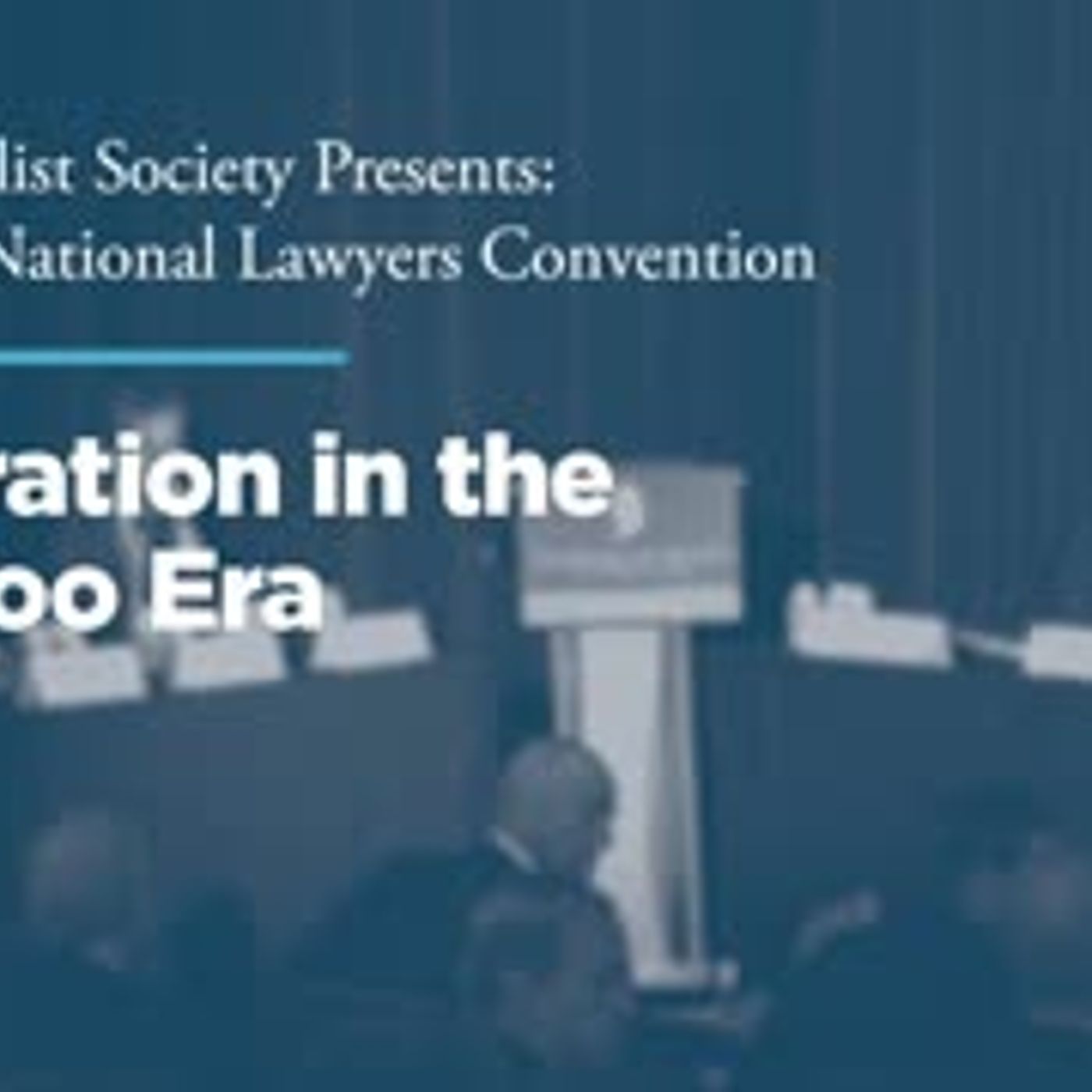- News
- Politics
- SEE MORE
- classical
- general
- talk
- News
- Family
- Bürgerfunk
- pop
- Islam
- soul
- jazz
- Comedy
- humor
- wissenschaft
- opera
- baroque
- gesellschaft
- theater
- Local
- alternative
- electro
- rock
- rap
- lifestyle
- Music
- como
- RNE
- ballads
- greek
- Buddhism
- deportes
- christian
- Technology
- piano
- djs
- Dance
- dutch
- flamenco
- social
- hope
- christian rock
- academia
- afrique
- Business
- musique
- ελληνική-μουσική
- religion
- World radio
- Zarzuela
- travel
- World
- NFL
- media
- Art
- public
- Sports
- Gospel
- st.
- baptist
- Leisure
- Kids & Family
- musical
- club
- Culture
- Health & Fitness
- True Crime
- Fiction
- children
- Society & Culture
- TV & Film
- gold
- kunst
- música
- gay
- Natural
- a
- francais
- bach
- economics
- kultur
- evangelical
- tech
- Opinion
- Government
- gaming
- College
- technik
- History
- Jesus
- Health
- movies
- radio
- services
- Church
- podcast
- Education
- international
- Transportation
- Other
- kids
- podcasts
- philadelphia
- Noticias
- love
- sport
- Salud
- film
- and
- 4chan
- Disco
- Stories
- fashion
- Arts
- interviews
- hardstyle
- entertainment
- humour
- medieval
- literature
- alma
- Cultura
- video
- TV
- Science
- en
Arbitration in the #MeToo Era

b"Over the last decade, the U.S. Supreme Court has repeatedly recognized the primacy of the Federal Arbitration Act (FAA) by enforcing the terms of arbitration agreements in the employment, consumer and other contexts – including mandatory and class action waivers. The FAA encourages a mechanism for the resolution of disputes that most recognize as quicker and less expensive than courts. Some argue the benefits of arbitration are waning in the #MeToo era, with confidentiality provisions in arbitration agreements. Students at Harvard, Stanford, Yale and other elite laws schools are pressuring Big Law to dump mandatory arbitration, while some large employers have publicly abandoned legally enforceable arbitration agreements. Yet, at least one study shows employees do as well or better in terms of win rate and recoveries in arbitration as opposed to the judiciary. First introduced after the Epic Systems decision, the Restoring Justice for Workers Act (H.R. 2749) would prohibit mandatory arbitration in employment disputes. What is the future of mandatory arbitration? Is ending mandatory arbitration for all employment claims an over-reaction? Will forcing disputes into the judiciary mean fewer disputes will be brought to resolution? What about non-disclosure provisions in arbitration agreements? Will fewer employment agreements require arbitration of employment claims in the future?
Hon. Paul D. Clement, Former United States Solicitor General and Partner, Kirkland & Ellis
Prof. Alexander J. S. Colvin, Kenneth F. Kahn '69 Dean and Martin F. Scheinman Professor of Conflict Resolution, School of Industrial and Labor Relations, Cornell University
Mr. Deepak Gupta, Founding Principal, Gupta Wessler PLLC
Mr. Andrew J. Pincus, Partner, Mayer Brown LLP
Moderator: Hon. Joan Larsen, United States Court of Appeals, Sixth Circuit
Introduction: Ms. Tammy D. McCutchen, Principal, Littler Mendelson PC"